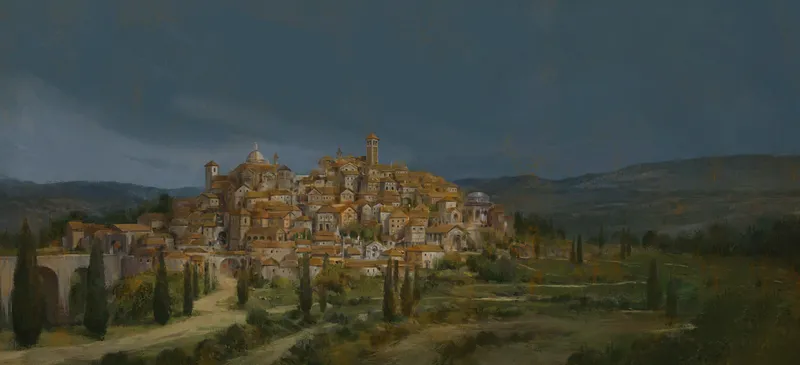Roman Culture

Commands
The following command will set your culture to 'Roman.'
The following command will change the culture of the specified county to 'Roman.'
Information
| Name | Roman |
| Culture ID | roman |
| Heritage | Latin |
| Ethos | Bellicose |
| Language | Latin |
| Architecture | Mediterranean |
| Fashion | Byzantine, Continental European |
| Coat of Arms | Latin |
| Military Equipment | Continental European |
Overview
The Roman culture is one of the most influential in world history, shaping much of our modern civilization. Originating from a small city-state in Italy's peninsula in 753 BC, Rome grew into a colossal empire, touching three continents during its peak.
Roman culture is a fusion of influences from the variety of people they conquered, including Greeks, Celts, and Egyptians. Despite their military prowess, the Romans were notable for adopting elements of these cultures and integrating them into their own, resulting in a rich, multi-faceted societal tapestry.
The Romans made groundbreaking contributions in numerous fields. Architectural innovations like aqueducts, amphitheatres, and the concept of apartments are still admired and utilized today. In literature, figures like Virgil and Ovid laid foundations for epic poetry and tragedy.
In law and governance, the Roman republic provided a blueprint for modern Western political systems. The concepts of republicanism, citizenship, and even the terminology used in today’s legislative systems all spring from Rome.
Additionally, religion played a compelling role in Roman life, featuring a pantheon of gods and goddesses, which subsequently influenced our understanding of mythology.
Despite its fall over 1,500 years ago, Roman culture still profoundly impacts contemporary life, making it one of the vital contributors to global culture and progress.
Bellicose Ethos

Bellicose Ethos
This culture considers conflict and violence to be necessary states of existence; ingrained in its people is the idea that one should stand up and fight for their own.
- +50% Available Mercenary Companies
- +2 Prowess
- -10% Men-at-Arms Recruitment Cost
- -10% Men-at-Arms Maintenance
- +10% Levy Size
Each culture will have an ethos, which represents the core values, principles and attitude towards life that the culture has. It also determines which court types are available for kingdoms and empires.
Roman Traditions
- Eastern Roman Legacy
- Formation Fighting Experts
- Hereditary Hierarchy
- Legalistic
- Refined Poetry
Each culture will have several traditions, which represent the main customs of a culture and can grant various effects. A culture can have up to five traditions in the tribal era, with every additional era reached granting an additional slot for Traditions.
Roman Architecture
Mediterranean
